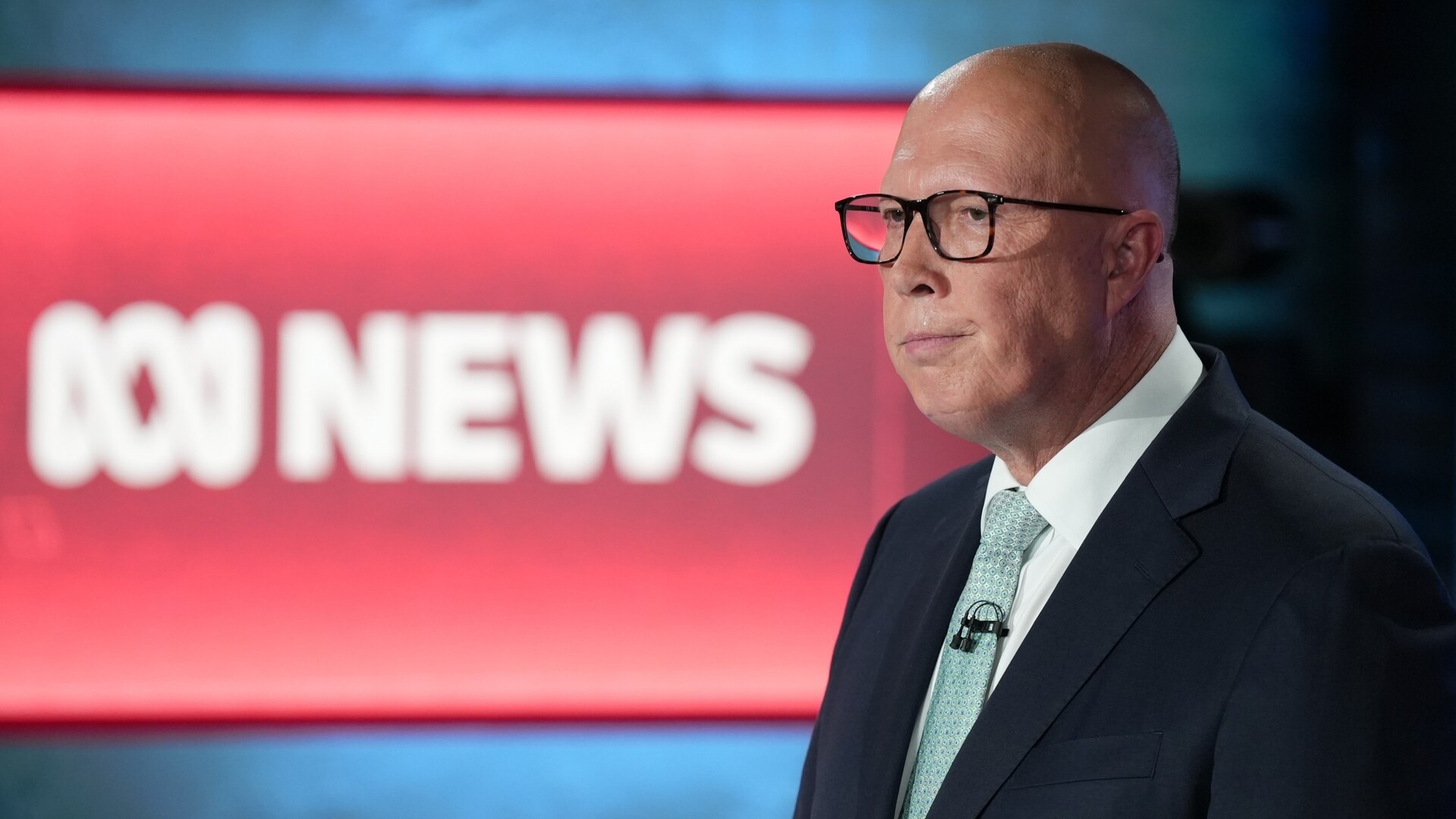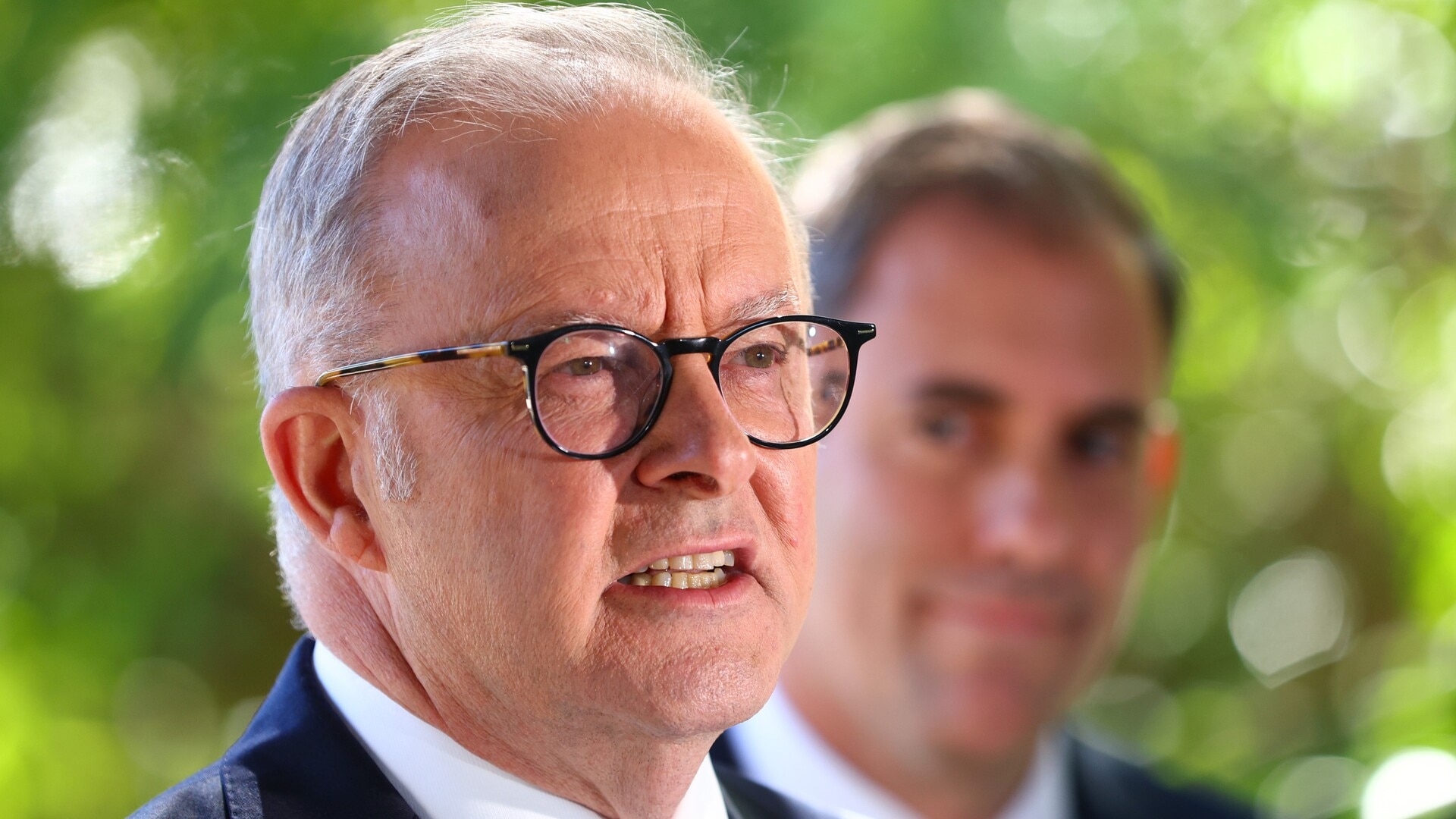Greens and teals must come clean before election

At the federal election in 2022, 31.5 per cent of voters cast their ballot for a third party or independent, the highest number in almost 100 years.
The trend away from the major parties has been building for decades but has escalated at recent elections.
According to Newspoll this week, it is most likely we will see a similar three-way split between the Coalition, Labor and “everyone else” at this year’s poll.

The expected result of this split is that a sizeable crossbench will be elected and we will have a minority government – that is, one in which no party has a clear majority and a government that will have to rely on the support of some (or most) of the independents and third-party MPs to secure the passage of any legislation.
A hung parliament will give the two largest of the crossbench groups, the Greens and the teals, a greater say in deciding what legislation is passed.
It is timely therefore to look a little closer at both these groups to understand the consequences for the nation of a greater role for them in determining policy.
The Greens are campaigning for a hung parliament in which they have a greater say, and they are clear about the policy changes they will demand as the price for their support.
The teals, by contrast, in line with what has become their common approach of avoiding difficult scrutiny, largely have avoided stating what concessions they will pursue.

Anthony Albanese has said he will not do a deal with the Greens to secure government, unlike in 2010 when Julia Gillard signed a formal agreement with the Greens and independents.
But if Labor is in a position to form government, Albanese’s statement does not matter. The Greens are clear they will not support the Coalition. Albanese just has to assure the Governor-General that he can pass sufficient budget measures to keep the government functioning.
After that, every piece of legislation debated in parliament across the next three years will involve a negotiation between Labor and the crossbench.

In this situation it is inevitable the crossbench will secure concessions from Labor to secure legislation. It is therefore in the public interest for the Greens’ and teals’ wish lists to be public and scrutinised before the election.
Among the most concerning of the Greens’ proposals, which will directly impact families, jobs and businesses, are the decriminalisation of hard drugs, a death tax, ending support for independent and Catholic schools, and the abolition of the private health insurance rebate.
The Greens claim to be concerned about the availability of rental properties but are proposing the abolition of negative gearing and the capital gains tax discount, two changes that will dry up the supply of rental housing.

The Prime Minister’s refusal this week to rule out changes to negative gearing gives the Greens’ proposal additional currency.
The Greens also want to significantly increase taxes on large businesses. Given the international competition to attract capital, why then would any major company invest or expand in Australia?
Perhaps the most disgraceful development within the Greens in recent years is their open hostility to Israel and increasing tolerance and advancement of anti-Semitism.
It is a long time since the Greens were a party of environmental activists. They are now a party of the hard left with a clear and aggressive agenda to reshape Australia.
Any concessions to the Greens in the next parliament will further weaken the economy and Australia’s strategic position when both require difficult and potentially unpopular decisions to be made.
The crossbench is also likely to have a number of teals, the non-party party, with which any minority government also may have to negotiate to pass legislation.

The teals are a party of contradiction, promising high-minded and idealistic objectives while pragmatically and often quite ruthlessly pursuing their political objectives.
In the last parliament the teals voted more frequently with the Greens than Labor or the Coalition. Among the policy changes that teals MPs have advocated are an increase in the GST, increased taxes on the gas and resources sector, and a road user charge.
Despite their often-repeated commitment to transparency and integrity, the teals have not given specific details on how they will approach legislation in a hung parliament, who they will consult in deciding positions, and the concessions they will seek.
To the extent any of the teals have commented, it is clear the issues they will pursue are largely those of the activist left.

This reflects the personal background of many of the current teal MPs, their core support base and those bankrolling their campaigns.
The Australian National University study of the 2022 election found that “31 per cent of teal voters had supported Labor in 2019 and a further 24 per cent had supported the Greens. Just 18 per cent said that they had voted for the Coalition”.
Any voter thinking of supporting a Greens or teal candidate would be well advised to look a little closer at what that candidate is supporting and how they would approach a hung parliament.
Another parliament in which nothing gets done to improve our standard of living or address the issues of concern that are driving public frustration with politics is very bad for the country. An election is not shopping. You cannot return your vote, exchange it or get a refund.
On Sunday, May 4, we will have to live with what we decide for the next three years. Caveat emptor – buyer beware.
Brian Loughnane is a business and political strategic consultant. He was Coalition campaign director in four federal elections.





